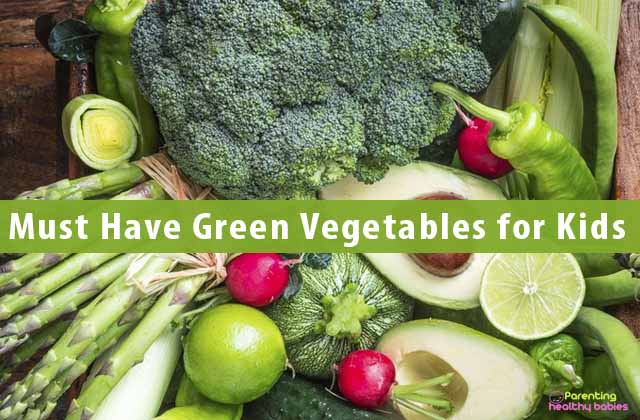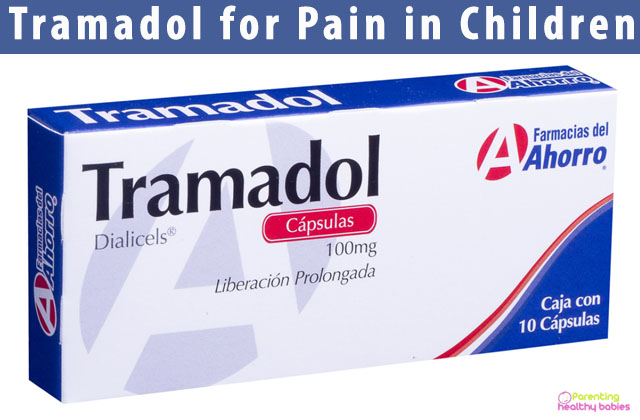“I believe that parents need to make nutrition education a priority in their home environment. It’s crucial for good health and longevity to instil in your children sound eating habits from an early age.” –Catherine Ann (Cat Cora)
“I don’t want to eat that!”- a common sentence out of every child’s mouth and a nuisance creator for every parent. It’s pretty obvious that when children grow old enough to understand the difference between various foods, they start throwing tantrums according to the tastes suited to their taste buds, since the start. Therefore, it is essential that healthy eating habits are inculcated in them right from their initial days, when they start eating different types of foods.
When we talk about healthy eating habits, what we must keep in mind is that healthy doesn’t always mean ‘tasteless’ and such should be taught to the kids as well. Now, out of all the healthy food products that we talk about, green vegetables are considered to be most essential due to their various health related benefits. Let us look at the 15 most essential green vegetables that must mandatorily be in your child’s diet:
Green Vegetables: Top 15 Super Healthy Vegetables for Your Kids
Spinach
If you remember the cartoons, Popeye was one sailor whose ‘go-to-for-strength’ vegetable was spinach. Spinach is a rich source of lutein, zeaxanthin and carotenoids that promote healthy vision, protect the eyes from oxidative damage and neutralize free radicals. It is a great source of vitamins A & K and folate, which help in maintaining normal vision, functioning of essential proteins involved in blood clotting and helping enzymes involved in metabolism respectively.
Fenugreek leaves
Though the fenugreek leaves have a spicy and faintly bitter taste, yet they can be best used as a home remedy for a host of health disorders. These leaves act as a body coolant and helps the body to keep iron deficiency at bay if eaten regularly. These leaves are also helpful in preventing constipation and aiding digestion.
Green Peas
To boost you kids’ vitamin intake, it’s important that they eat green peas on a regular basis. These not only help to maintain healthy, strong bones but also give a big boost to their muscles. The peas are considered to contain high amounts of antioxidants that prevent the occurrence of many serious diseases.
Ladyfinger (Okra)
Ladyfinger is usually liked by children as part of their regular meals which is good as it is really beneficial for their body. Ladyfinger is found to be rich in vitamin C which serves as vital nutrient and protects your children against various infections. Vitamin B9 is found in good quantities in ladyfinger which helps to produce various essential compounds in the brain.
Cabbage
Cabbage is considered as a brain food due to it being full of vitamin K & anthocyanins, which help with mental function and concentration. The high content of vitamin C & sulphur act as detoxifiers by assisting in the removal of free radicals and uric acid.
Beans
Beans are known to be one of the highest source of proteins among all the vegetables and are full of dietary fibres which ensure a regular bowel movement. In addition to these, beans also contain vitamins and minerals which are essential for the development of growing children.
Cucumber
Cucumber has a high water content which is why it is very god for consumption during summers as it prevents dehydration and constipation. It is found to be vitamin rich that helps in maintaining good eyesight, a healthy haemoglobin count, promoting bone metabolism boosting your kids’ immunity.
Bitter gourd
While people keep busy condemning the bitter taste of this veggie, they tend to overlook the wide range of benefits that t has to offer. Containing nutrients right from iron and magnesium to being an amazing source of dietary fibres, it is one of those bitter vegetables that is actually sweet for your child’s health.
Capsicum (Green Bell Pepper)
Capsicum is considered to be a nice source of iron which thereby helps to reduce the risk of anaemia in growing children. Being affluent in dietary fibres, it regulates digestion and hence, reduces the risk of constipation in kids. Due to the vitamin B6 contained in it, capsicum is proven to enhance memory and concentration.
Coriander leaves
Coriander leaves not only enhance the flavour in your food but are actually very beneficial to a child’s health. There are natural fatty acids in coriander that help to reduce the bad cholesterol in the body and increase the good cholesterol. The natural compounds, borneol and linalool, aid in digestion & positively enhance the liver functions.
Lettuce
Lettuce is seen to help protect the neuronal cells. One of the main property of lettuce is its ability to induce sleep due to the presence of a depressant chemical which would help your child to complete the amount of required sleep. Along with this, lettuce also acts as an antioxidant and antimicrobial agent.
Brussel Sprouts
Due to its obnoxious odour, brussel sprouts are the most hated vegetables of all. Yet, these are the most ideal food for your kid as they are really low in calories and are very well nutrition packed. Apart from that, they are also a good source of choline and B vitamins. Coming from a natural source, the proteins in these are easily digested which is good as your child’s digestive system is sensitive.
Bottle Gourd
Cooked bottle gourd has a sedative and an anti-bilious property that gives a relaxed feeling. It is easy to digest, keeps the body well nourished with its minerals and dietary fibres and quenches thirst as it is high in water content. It also prevents fatigue and keeps the body cool and hence, is really soothing for your child.
Celery
Distinct in flavour and smell, celery is utilized as a very popular salad dressing. It is an amazing source of vitamins, essential minerals and antioxidants that are important for the development of children. It is also used as a remedy for indigestion and keeps constipation at bay.
Broccoli
Broccoli is packed with energy-producing carbohydrates. It is considered to foster peak eyesight and ward off cell damage due to the presence of numerous minerals and vitamins including calcium, potassium, folate and carotenoids.
Although, all green vegetables are essential, yet, the ones mentioned above are a must have for the kids. But, as it’s said, everything is right if the quantity is right. Therefore, inclusion of these vegetables in your child’s diet should also be in a proper and appropriate quantity to provide the maximum amount of benefits from them.













